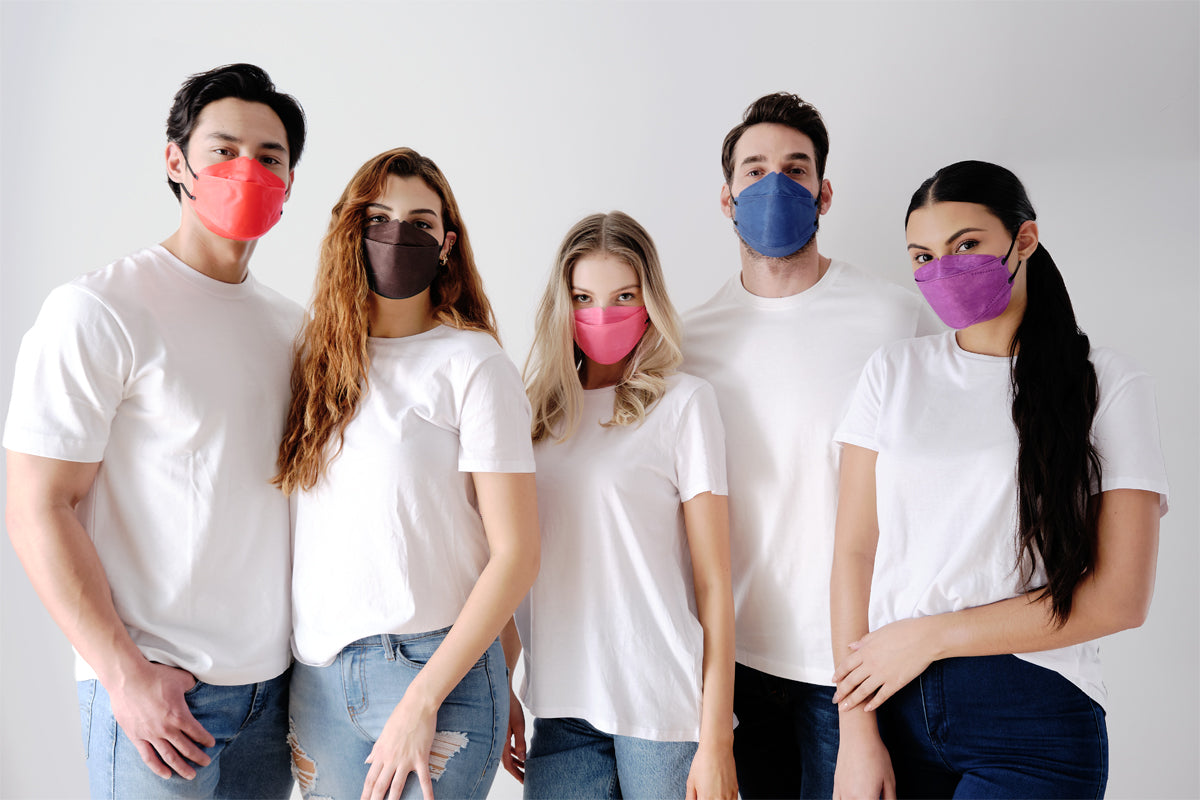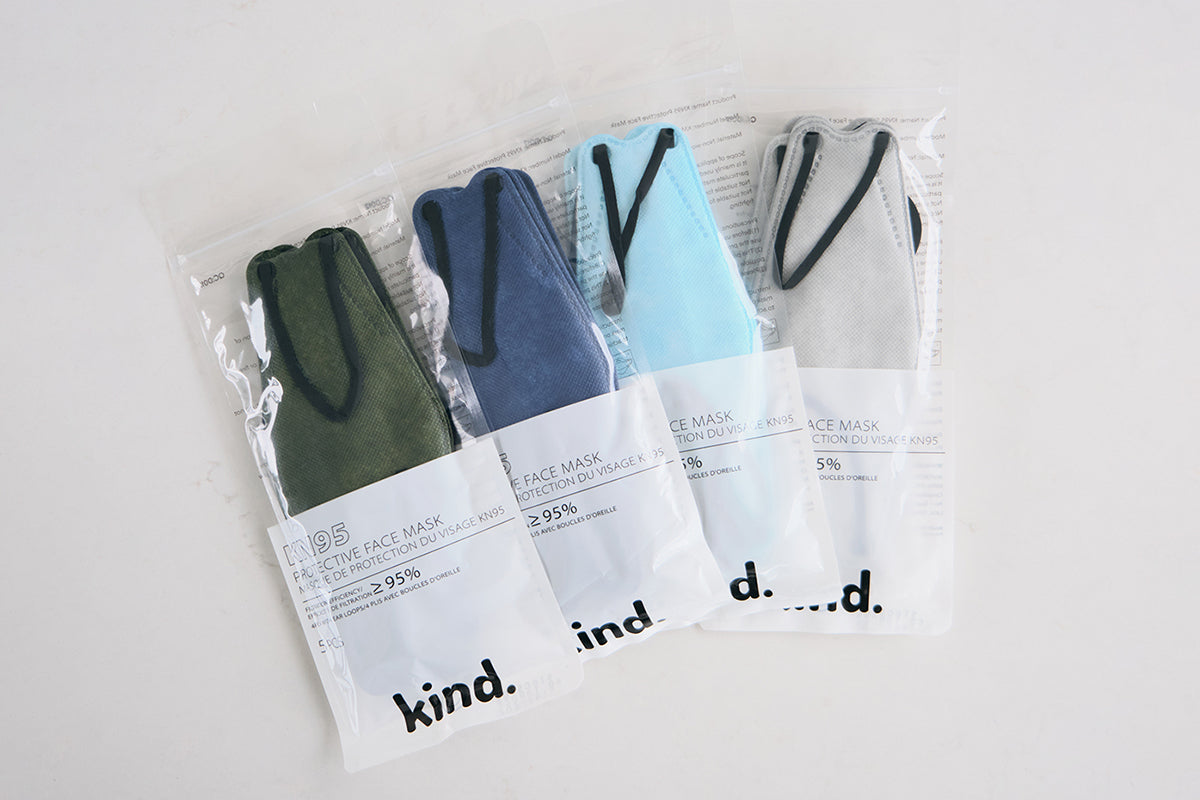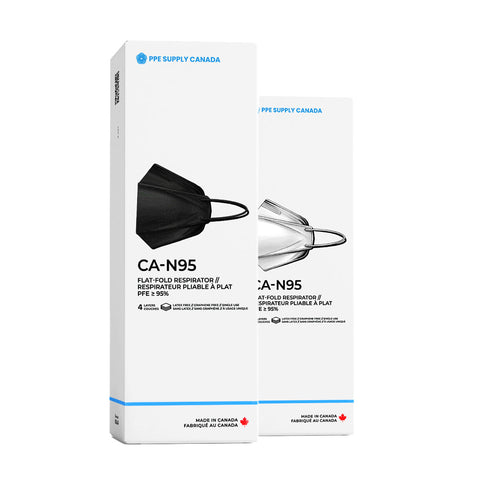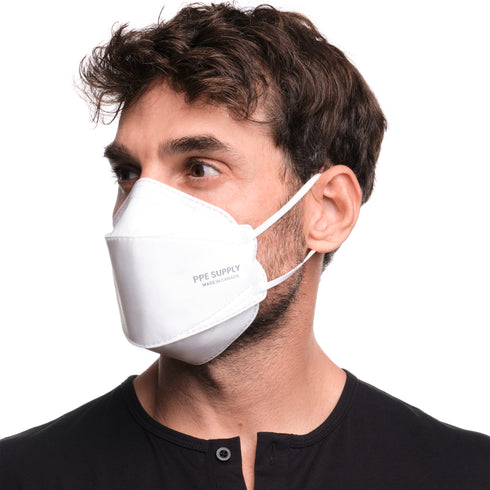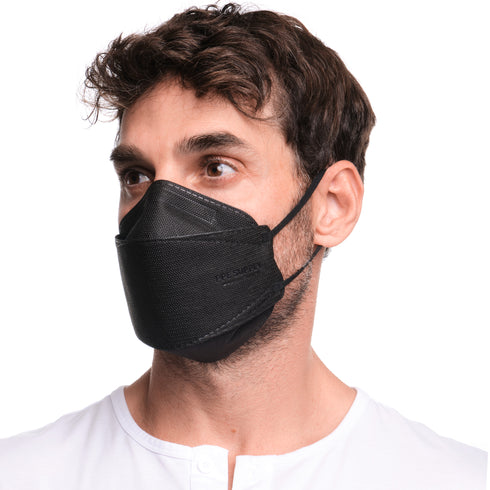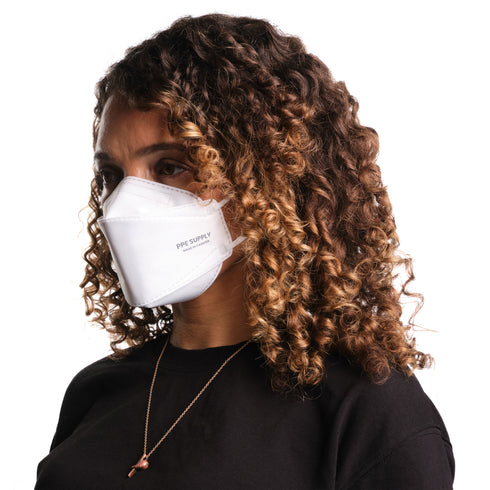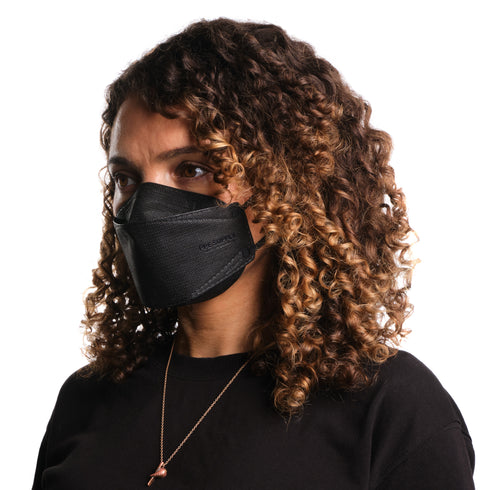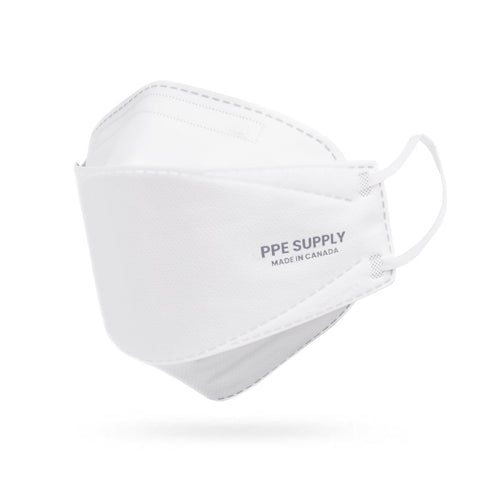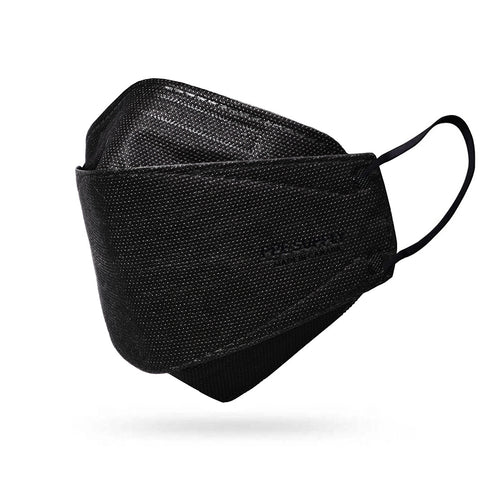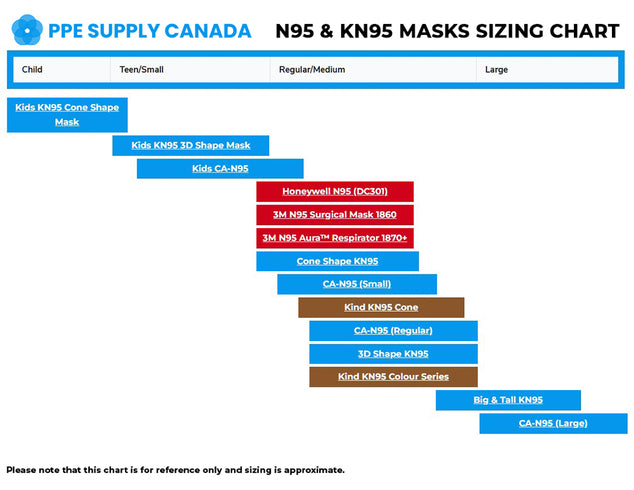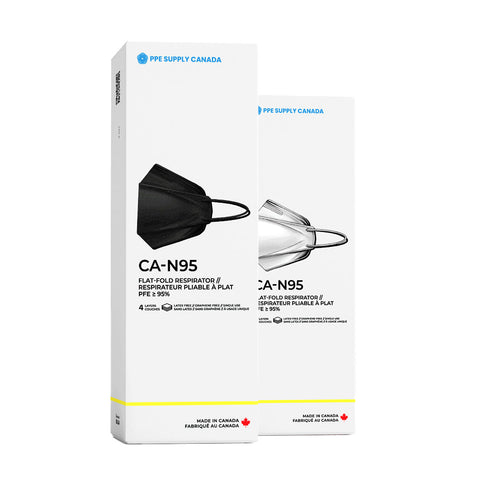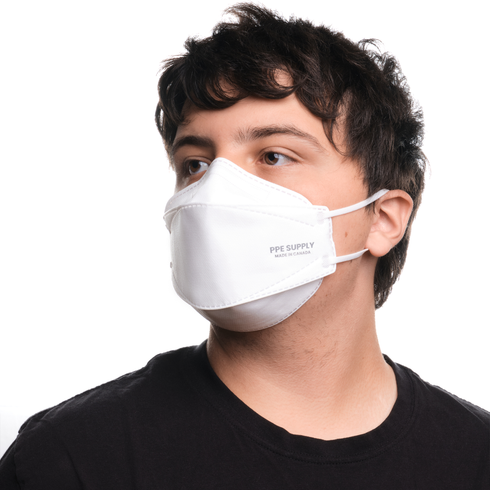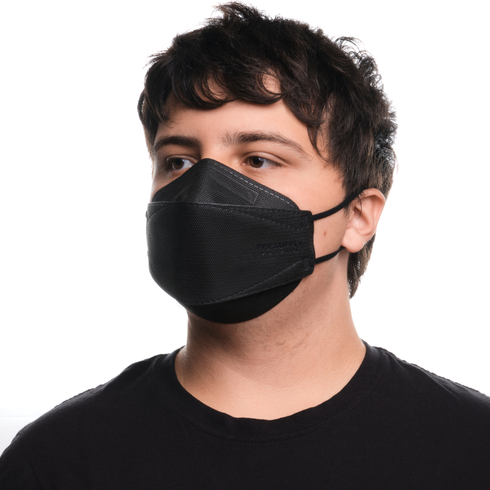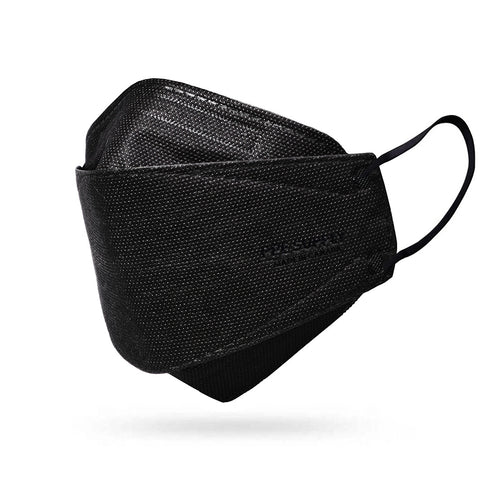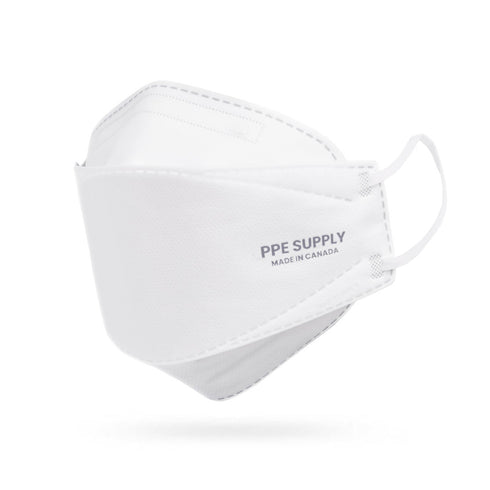Face Mask Myths & Misconceptions - Debunked

Masks have become a crucial tool in the fight against COVID-19. They are meant to protect us and those around us from the spread of the virus. However, there are many myths and misconceptions surrounding masks that have led to confusion and even resistance to wearing them. In this blog post, we will debunk some of the most common mask myths and misconceptions.
Protective face masks of all kinds have been a crucial, everyday tool to combat COVID-19, the flu, RSV and other respiratory illnesses. However, there are many myths and misconceptions surrounding masks that have led to confusion and even resistance to wearing them. In this blog post, we’ll debunk some of the most common misunderstandings surrounding face masks.
Myth #1: Masks don't work.
This is perhaps the most widespread myth about masks. Some people believe that masks are not effective in preventing the spread of COVID-19 and other illnesses, so, first, let's start with the basics. The virus that causes COVID-19 is transmitted through respiratory droplets that are released when an infected person talks, coughs, or sneezes. These droplets can then be inhaled by others, potentially leading to infection. Protective face masks such as N95 and KN95 masks work by creating a barrier that traps these droplets, with a minimum of 95% filtering efficiency, preventing them from spreading to others. Scientific evidence shows that masks can be highly effective in reducing the transmission of the virus based on these facts, especially when used in combination with other preventive measures such as social distancing and hand hygiene!
Myth #2: Masks are uncomfortable and difficult to wear.
This is only true if you haven’t found the right style and fit of mask for your face shape and size! Fortunately, we’ve written a blog post, outlining which N95/KN95 mask type may be the perfect fit for you! We also offer a helpful Mask Sizing Chart to help you find the right size for your needs. Luckily, we offer several sizes and styles to ensure that all of our customers can find something that suits them.
SHOP OUR N95/KN95 MASK SELECTION
Myth #3: Masks only protect others, not the wearer.
This is another common misconception about masks. While it’s true that masks protect others from the wearer’s respiratory droplets, they also offer protection to the wearer for the same thing. As mentioned above, masks can reduce the number of virus particles that a person is exposed to, which can help to mitigate the risk of contracting a virus, as well as reduce the severity of the illness if they do become infected.
Myth #4: Masks are only necessary for crowded places.
We know that wearing N95/KN95 face masks is especially important in crowded areas, such as public transportation, grocery stores or busy events, however, masks are also an integral tool to don where social distancing is not possible. This includes outdoor spaces where people may gather, such as parks, beaches and amusement parks, as well as indoor spaces such as aquariums, museums and exhibits. High-quality, well-fitted N95/KN95 masks are the best option to wear when protecting ourselves in busy, high-traffic areas.
Myth #5: Wearing a mask is a political statement.
Unfortunately, masks have become politicized in some countries. Some people believe that wearing a mask is a sign of weakness or submission to government control. However, this is, of course, not the case. Wearing a mask is a simple and effective way to protect yourself and those around you from COVID-19, RSV, the flu and other respiratory illnesses. It is not a political statement, but a public health measure that everyone can take to help keep our communities healthy!
CONCLUDING THOUGHTS
In conclusion, masks are a crucial tool in personal care and protection. It is important to understand the facts and avoid falling prey to the many myths and misconceptions that surround them. By wearing a mask in all public spaces and practicing other preventive measures, we can help to slow the spread of harmful viruses and protect ourselves and those around us, especially the immunocompromised.


